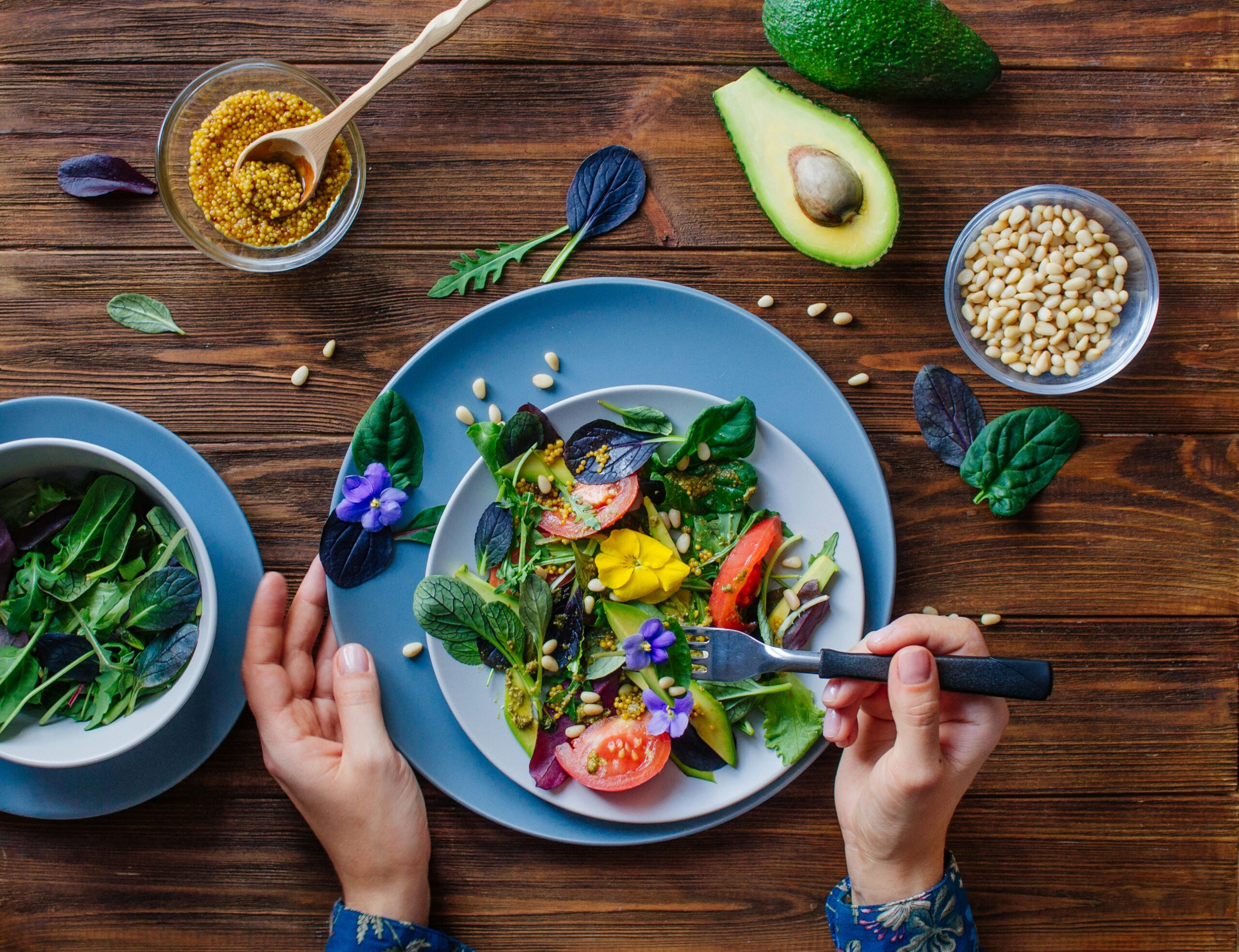
Mastering the Art of Baking: Tips and Tricks
Baking is not just about following a recipe; it’s an art that requires patience, precision, and a dash of creativity. Whether you’re a beginner or an experienced baker, there’s always room to refine your skills and discover new techniques.
Baking is a science as much as it is an art. Understanding the chemistry behind ingredients and how they interact can elevate your baking. Flour, for instance, is not just a filler; its gluten content affects the texture of your baked goods.
Essential Baking Tips for Beginners
Starting your baking journey can be daunting, but with the right tips, you’ll be crafting delicious treats in no time.
Understanding Ingredients
- Flour: Choose the right type for your recipe. All-purpose flour is versatile, while bread flour is ideal for chewy textures.
- Sugar: Beyond sweetness, sugar affects texture and color. Brown sugar adds moisture and a rich flavor.
- Fats: Butter and oil contribute to texture. Butter provides flavor, while oil can make cakes moist.
Temperature Matters
Baking is sensitive to temperature. Preheat your oven and use an oven thermometer for accuracy.
Pro Tip: Let refrigerated ingredients like eggs and butter come to room temperature before mixing to ensure even blending.
Advanced Techniques for the Seasoned Baker
Once you’ve mastered the basics, try these advanced tips to enhance your baking.
Layering Flavors
Incorporate spices like cinnamon or nutmeg for added depth. Even a pinch can transform a basic recipe.
Perfecting Pastry
For flaky pastry, keep your ingredients cold and handle the dough minimally.
| Technique | Purpose |
|---|---|
| Blind Baking | Pre-baking crusts to prevent sogginess |
| Creaming | Incorporating air into batters for fluffiness |
| Folding | Gently mixing ingredients to retain air |
| Scoring | Guiding the expansion of bread during baking |
| Whisking | Creating volume in eggs or cream |
| Proofing | Allowing dough to rise and develop flavor |
| Tempering | Stabilizing chocolate for a glossy finish |
| Glazing | Adding a shiny or flavored finish |
Personal Baking Anecdotes
My journey in baking started with a simple loaf of bread. It was dense and lacked flavor, but with practice, I learned the importance of kneading and proper fermentation.
Frequently Asked Questions
How can I make my cake more moist?
Use oil instead of butter and do not overbake. Adding sour cream or yogurt can also help.
Why did my bread not rise?
Check your yeast’s expiration date and water temperature. Yeast needs warmth to activate.
How important is sifting flour?
Sifting aerates flour, leading to lighter baked goods.
Conclusion
Mastering baking is a rewarding journey filled with both challenges and triumphs. By understanding your ingredients, refining your techniques, and continually experimenting, you’ll create delicious, beautiful baked goods. Embrace each baking session as an opportunity to learn and grow. Happy baking!


